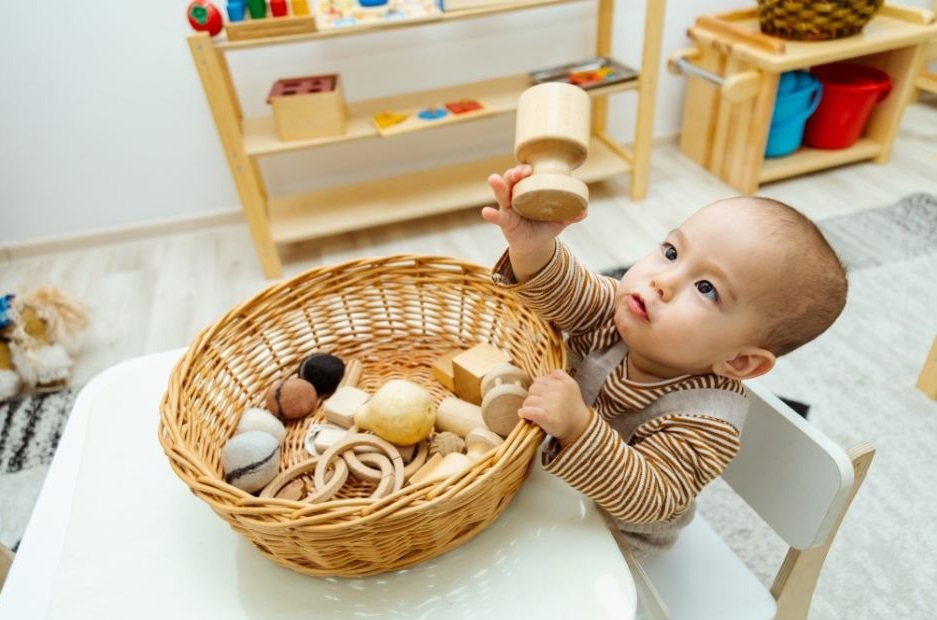We all know how stressful and difficult mealtimes can be!
Effective communication is something that can really assist when your child is struggling with one of the following as an example:
Standing while eating
Throwing food or items
Asking for a device while eating
Refusing to eat their food
Discover practical, easy-to-implement strategies to gently navigate your child’s emotional outbursts, while maintaining your own sense of calm.
The best way to handle these situations is by using the following steps:
1. Acknowledge feelings (Whatever these may be, “You just want to stand, you really don’t want to eat, you really want to throw etc…) It is important to connect and empathize using tone and calm in your voice to engage the child’s attention.
2. State your expectations (without attacking character – don’t say don’t haha or ask questions) “Food isn’t for throwing, we sit to eat, screen time is not for mealtime etc”
3. Offer a choice “You can sit on this chair or this one you choose, you can have screen time before x or after y, you choose”
4. Natural consequences – the natural consequence in food related matters most of the time is that the food is taken away or there are no snacks if meals aren’t eaten, so if they are disrespecting the food, standing with it etc it is not available to the child and they may be upset but this was their choice “You’re upset the food was taken away, we sit to eat for eg.)
For additional support on these situations we have many videos related to all of the above to help with mealtimes and instilling healthy boundaries. If you feel that your child is struggling in areas of mealtime that needs professional advice please ask your pediatrician on medical and nutrition issues.

We recommend you watch the following videos: Montessori & Discipline, BIG Emotions, AND Engaging Cooperation
We also have a 2 hour ONLINE Workshop which will teach you Vital Communication Skills to effectively communicate with your child and help deal with all of the above. This Workshop is LIFE CHANGING and will really help you to deal with these BIG emotions, tantrums and meltdowns. For more information on our Workshop – The Montessori way of communicating – click here.
Picky Eating
When a child becomes a picky eater (most do as a young toddler) dinner-time can be tough. From a Montessori perspective we need to first look at the situation from the child’s viewpoint. They can’t control many things but when it comes to food they can. Children also have more taste buds than adults (10,000) which is twice as many, causing flavors to be stronger and textures more pronounced. Sometimes a child can be picky because they don’t like taste, other times it is more about texture of the food.
There are a few points to keep in mind.
Do not pressure or bargain with your child
Food is not a reward or punishment
Try to keep to a schedule and eat at the same times every day
Eat together so you child can watch you – modeling is key
Allow the child to be independent and follow their lead where you can
Some solutions:
Try to cook food in a few ways to see if your child will eat it if prepared differently
Present foods you know your child likes with foods they don’t care for
Keep offering a variety of foods and they may just try them one day (rainbow plates)
Incorporate the child in the process of making food (gardening outside to watch vegetables grow for eating, assisting in making or watching you cook)
Smoothies are a great way to pack in the nutrients too or vegetables hidden in sauces too
The last bit of advice is to be mindful what you say in front of your child. They are very impressionable and mimic their parents often. If they hear you say you don’t like a certain food or refer to some foods as bad due to your personal diet, odds are they will be hesitant to eat something you deem as gross or not good for you.
Sending you all peace, love & blessings ✌️❤️





